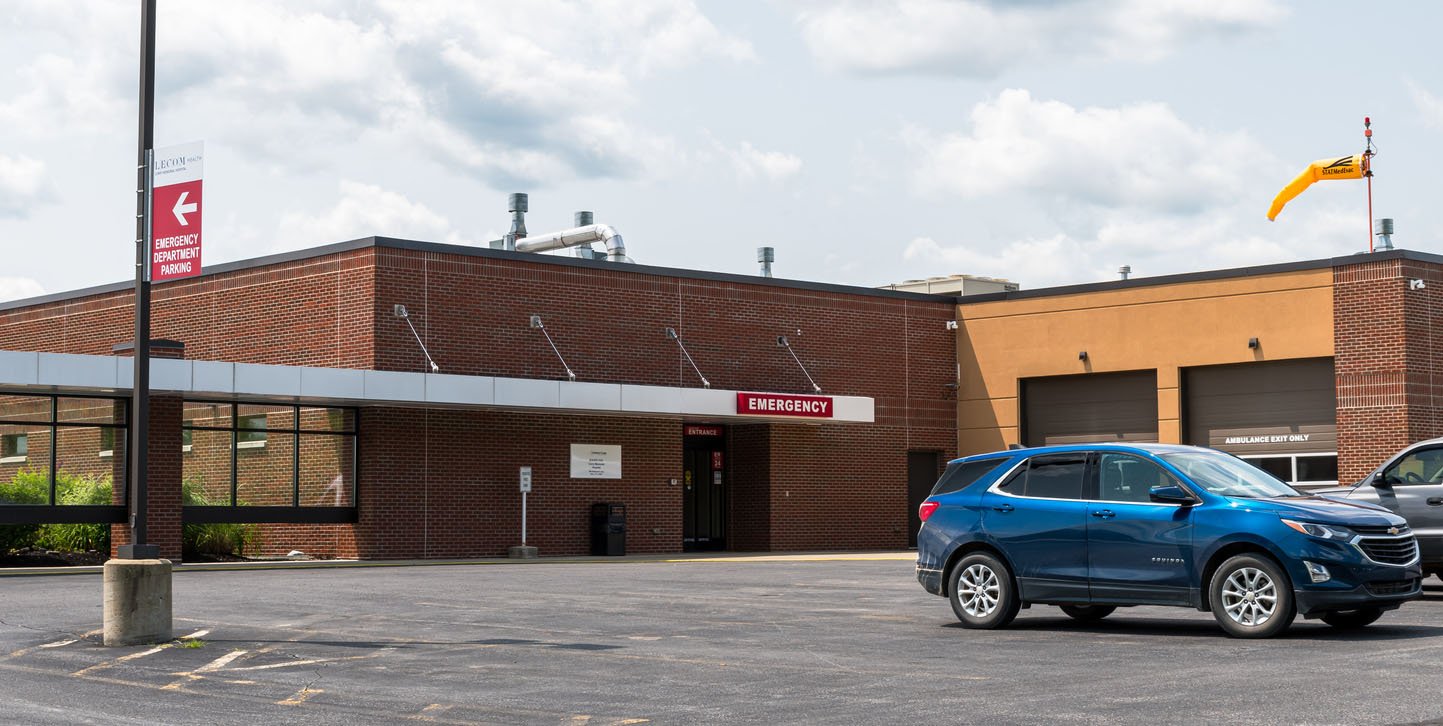The closure of rural hospitals has a direct impact on the health of rural Americans by reducing access to care, but a new study from the University of Minnesota School of Public Health (SPH) underscores another consequence of these closures—rising prices at ‘surviving’ rural hospitals. In a first-of-its-kind analysis, SPH researchers provide original evidence showing that, when a rural hospital closes, commercial prices at nearby hospitals increase by 3.6% in the following three to four years.

To conduct the study, researchers analyzed 54 rural hospitals that closed between 2014 and 2018. To gauge price differences in the years before and after each rural hospital closure, the researchers tracked prices at the three nearest surviving hospitals from 2012 to 2022.
The study, published in Health Affairs, found:
- Prices rose at nearby hospitals. Commercial prices for inpatient treatment increased by 3.6% at hospitals near closed hospitals, an average of about $500 per inpatient stay. The sharpest increases—6.3%—occurred three to four years after a nearby hospital shut down, likely due to pre-closure contracts expiring.
- Hospitals that closed had been offering lower prices. Rural hospitals that eventually closed charged about 6% less than nearby hospitals, so their closure forced patients into higher-priced facilities and removed budget-friendly options from the market.
“There has been a longstanding concern that rural hospital closure can lead to adverse health effects for patients with time-sensitive health conditions,” said Caitlin Carroll, SPH assistant professor and lead author. “This study suggests that closure should also raise concerns about prices and affordability.”
The authors recommend that policy makers consider the anticompetitive effects of rural hospital closures alongside existing concerns about access and quality of care.

